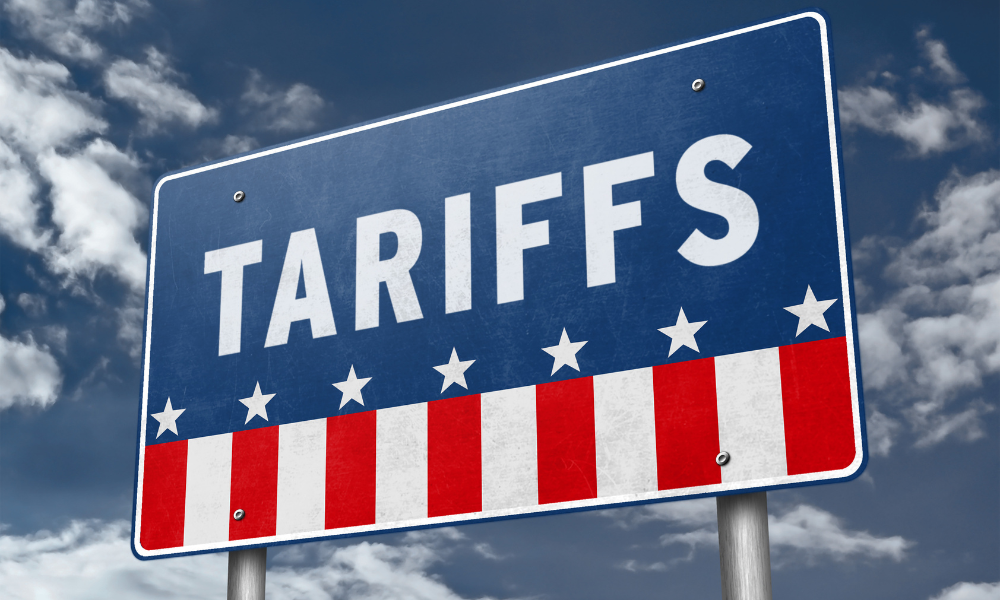Dividend stocks might be appealing for investors seeking income, but first they have to ask some honest questions

A crucial window might be opening for those considering a dividend-stock thesis for their portfolios — although they may want to ask themselves some honest questions before they push through.
In a new blog post, Jeff Weniger, director of Asset Allocation at WisdomTree Canada, suggested that a deep value mandate expressed through high-dividend stocks could be set for a turning point.
“March 2009 witnessed the S&P 500 touch an intraday generational low of 666 (it is 2,900 now),” Weniger wrote. “That also marked the beginning of the end for U.S. core equity mandates in CAD relative to high-dividend stocks, at least for a few years.”
Weniger observed that from March 4, 2009 to July 6, 2012, the S&P 500 Index CAD realized an annualized return of 15.21%. Over the same period, the WisdomTree U.S. High Dividend Index CAD saw an annualized return of 25.21%, based on a performance back-test.
From the end of that period through August 13 this year, the broad-market benchmark has achieved annualized returns of 18.05%, outdoing the WisdomTree high-dividend index’s 14.02%. But based on an analysis of the U.S. broad market relative to high-dividend stocks, Weniger said that levels are approaching those that were last seen in March 2009 — a point which, he suggested, hints at a new period of outperformance for the high-dividend index.
“[W]hen value came snapping back in 2009, WisdomTree’s Index ripped higher, beating the S&P 500 by double digits annually for years on end,” he said, asserting that high-dividend companies comprise the value stocks of value stocks. “When deep value is on, deep value is on.”
For those who seek dividend stocks as an alternative to fixed income, that could be an important cue. The case for dividend investing gets stronger when one considers that the dividend yield on the S&P 500 has gone above the 10-year U.S. Treasury bond yield, and dividends tend to grow over time.
But as explained by Tom Bradley, president of Steadyhand Investment Funds, in a piece for the Financial Post, a strategy is only as good as an investor’s commitment to it. “For investors at all ages and stages, owning stocks makes sense, but it only works if — and it’s a big if — you stick to the strategy when markets are down,” he wrote.
As a “gut check” for those who are thinking about relying more on stocks for their investment income, Bradley laid out a set of questions, including:
- Assuming their stock holdings drop 25%, what kinds of losses would it represent in terms of dollars, percentage of total portfolio value, and income lost?
- How did they react to market downturns in the past?
- Is their portfolio diversified enough to mitigate sector concentration risks from owning dividend stocks?



